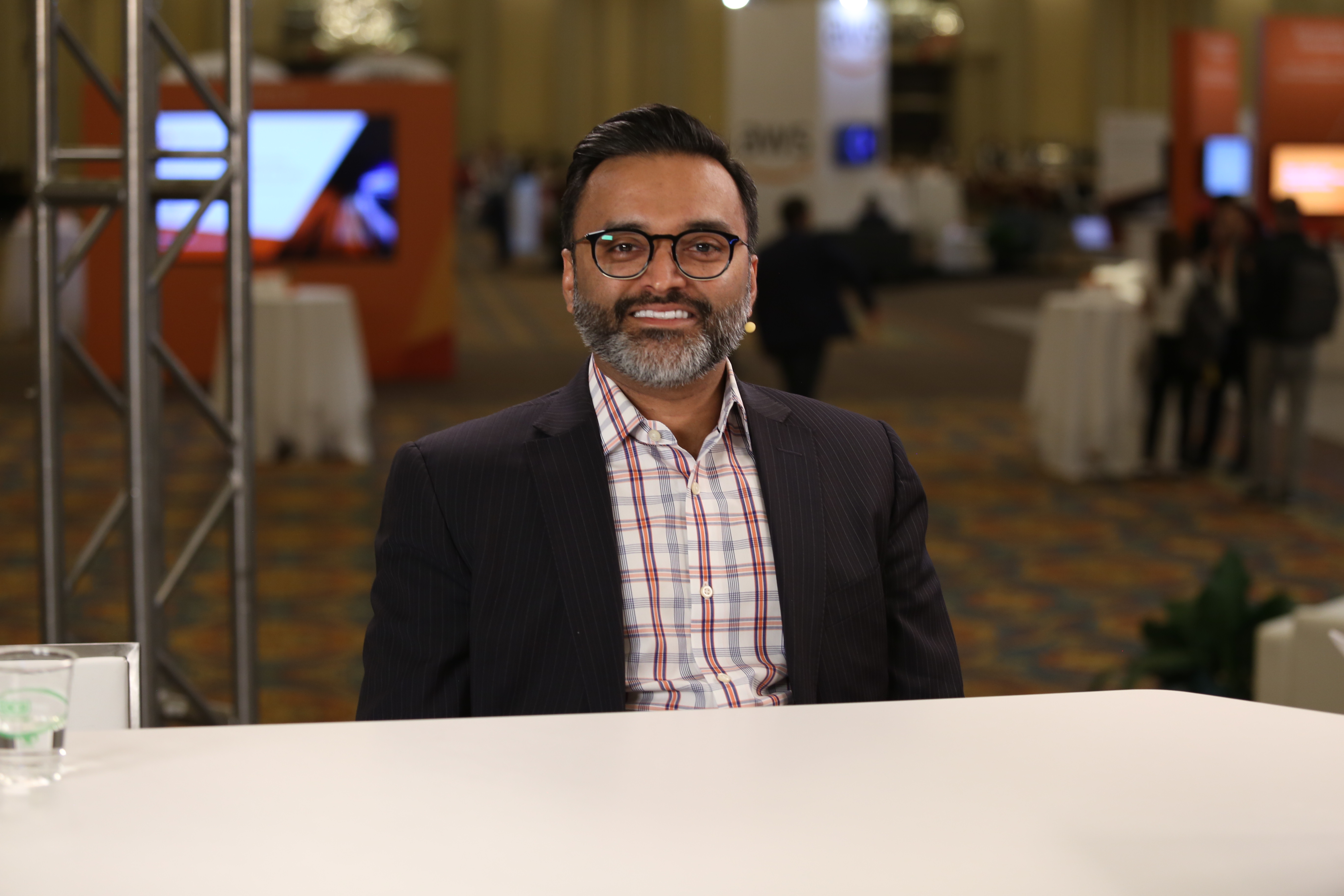 NEWS
NEWS
 NEWS
NEWS
 NEWS
NEWS
Vast amounts of data are being created every day, spurring an economy entrusting data as an asset arguably more valuable than crude oil. This explosion of big data quickly started the trend for data democratization, to make data packets easier to share with the help of specialized software. The downside is that every opportunity to share data is also a chance for a data breach, and legislative bodies around the world are pushing for better governance over data assets. For contemporary enterprises, it’s time to tune up data-governance frameworks to enlist consumer confidence.
“You can’t democratize data without giving the consumers of that data an understanding of the quality of that data, the trustworthiness of that data, the relevance of the data to the business,” said Jitesh Ghai (pictured), senior vice president and general manager of data quality, security and governance at Informatica LLC. “You give them that, and now you’re enabling your analytics, your data scientists [ways] to innovate with that data with confidence. And if you do it within a framework of privacy, you’re ensuring that you’re preserving customer trust while you’re automating and building intelligent and engaging customer experiences.”
Ghai spoke with John Furrier (@furrier) and Rebecca Knight (@knightrm), co-hosts of theCUBE, SiliconANGLE Media’s mobile livestreaming studio, during the Informatica World event in Las Vegas. They discussed how data governance and data privacy is impacting end-users and organizations, as well as data at scale and the skills gap (see the full interview with transcript here). (* Disclosure below.)
[Editor’s note: The following answers have been condensed for clarity.]
Knight: There is a growing concern among the public and lawmakers over security and privacy. Give us the lay of the land from your perspective.
Ghai: What [data governance] was mandating was healthy data-management practices. How do we give the regulators comfort that our data is of high quality, that we know the lineage of where data is coming from, that we know how the business relies on the data, and what is critical data? And while it was born to give the regulators comfort, what organizations have very quickly realized is, well, when you democratize data, you need to give everybody that comfort. You need to give your data scientists, your data analyst that same level of contextual understanding of their data, right?
And so what we are enabling organizations [to d0] is the effective consumption and understanding of where their data is — discovering it so that the right people can consume [it].
Furrier: How are customers dealing with the complexity of this [regulation], because they want to free it up, but at the same time they want to make sure they can respect the laws of individuals. What’s the strategy?
Ghai: It’s all your data, literally structured all the way to unstructured data, like Word PDFs, PowerPoints, and you need a governing framework around it. You need to enable organizations to be able to discover where is their sensitive information. How is their sensitive information proliferating through the organization? Is it protected? Is it not protected?
Furrier: When you move the impact to the enterprise, you’ve got storage drives … you’ve got software abstractions. So the question is for you is what are your customers doing now?
Ghai: You are going from terabytes to petabytes, right? So you need an AI and ML, an intelligent solution that can discover all of this information and can map it [out]. Organizations may start knowing where their sensitive data is, but they don’t know who it belongs to. So when you go to invoke your right to be forgotten … we enable organizations to … discover the sensitive information but will also tell [them] who it belongs to.
Knight: What’s your take on whether or not consumers truly understand the scope of these privacy regulations?
Ghai: With growing regulations and significant breaches, there is a change in customer expectations. It’s a mind-shift in all of us where, “You are the custodian of my data. I’m counting on you — whoever, whatever organization I’m transacting with — to ensure and preserve my privacy, ensure my data is protected.”
Furrier: Take us through what’s the new.
Ghai: We’re enabling organizations to be data-driven. How do we enable them to be customer-centric and optimal in engaging with their customers while preserving the privacy of their customers? And that really comes down to having a detailed understanding of what your critical data is.
Furrier: How would you compare to the competition when people say, “Hey, a startup just popped out, or XYZ company has got a solution. Why should I go with them, or you?” What’s the difference? What’s the competitive angle?
Ghai: The way we’re thinking of the problem is founded on governance as an enabler. It’s not about locking things down for risk in compliance, because, you know, the regulators want to know that this particular warehouse is highly, tightly controlled. It’s about getting the data out there. It’s about enabling end users to have a contextual understanding when you’re doing that.
Watch the complete video interview below, and be sure to check out more of SiliconANGLE’s and theCUBE’s coverage of the Informatica World 2019 event. (* Disclosure: TheCUBE is a paid media partner for Informatica World 2019. Neither Informatica LLC, the sponsor for theCUBE’s event coverage, nor other sponsors have editorial control over content on theCUBE or SiliconANGLE.)
Support our mission to keep content open and free by engaging with theCUBE community. Join theCUBE’s Alumni Trust Network, where technology leaders connect, share intelligence and create opportunities.
Founded by tech visionaries John Furrier and Dave Vellante, SiliconANGLE Media has built a dynamic ecosystem of industry-leading digital media brands that reach 15+ million elite tech professionals. Our new proprietary theCUBE AI Video Cloud is breaking ground in audience interaction, leveraging theCUBEai.com neural network to help technology companies make data-driven decisions and stay at the forefront of industry conversations.